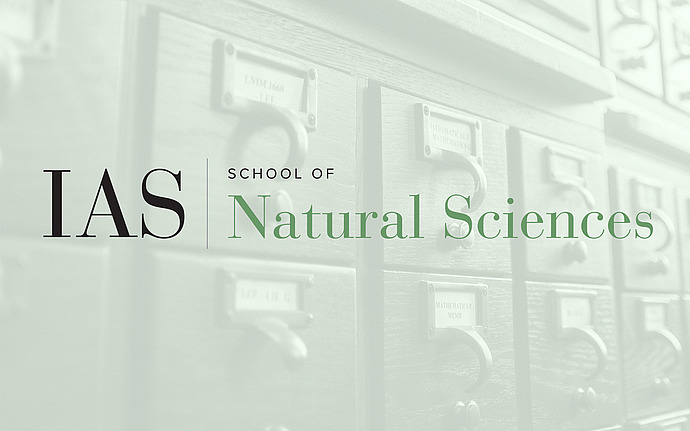
University of Pennsylvania Astrophysics Seminar
The James Webb Space Telescope: A New Era for Space Exploration
The James Webb Space Telescope (JWST) is a large, infrared space telescope designed to transform space science by observing targets from within our own Solar System to the first light in the Universe (and basically everything in between). The scientific goals required the world’s most powerful telescope, which was enabled by many first-of-its kind innovations for space, including a segmented primary mirror that is 6.6 m in diameter and a 5-layer sunshield used to passively cool the telescope and its four science instruments. This presentation will provide the historical context and motivation for the mission, describe the development and commissioning periods, illustrate the scientific potential, and highlight early science results and trends. It will also include some lessons learned and how they can be applied to NASA’s newest flagship telescope concept, the Habitable Worlds Observatory.